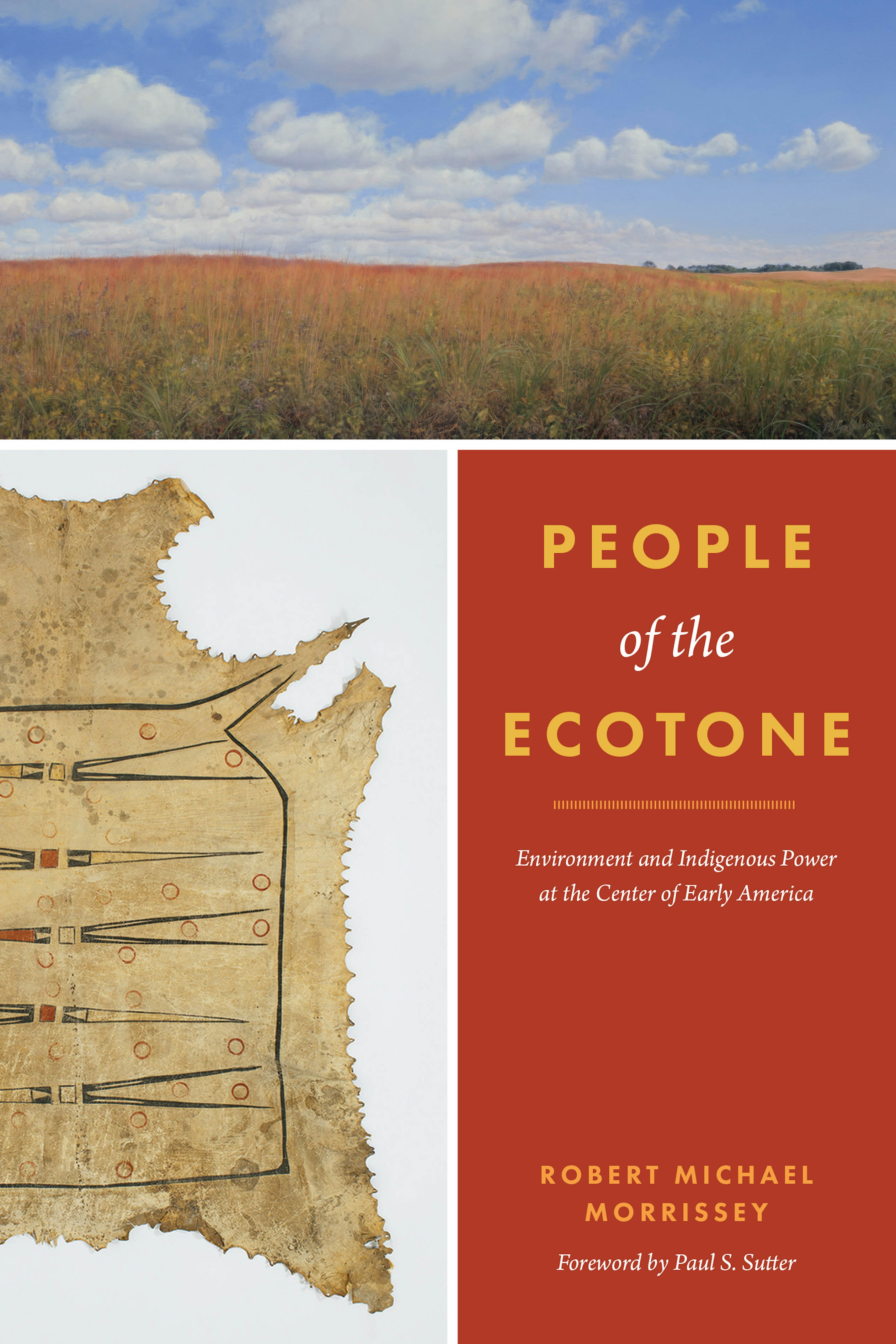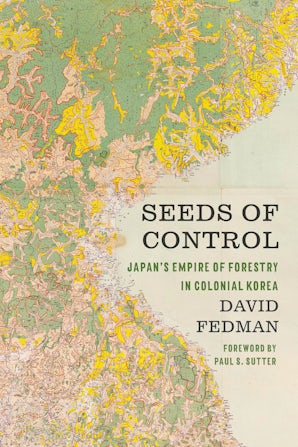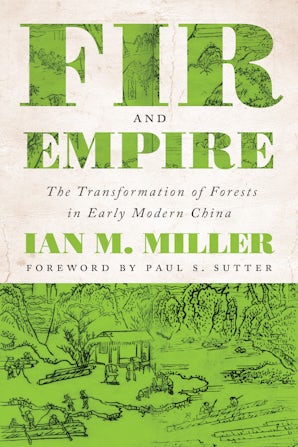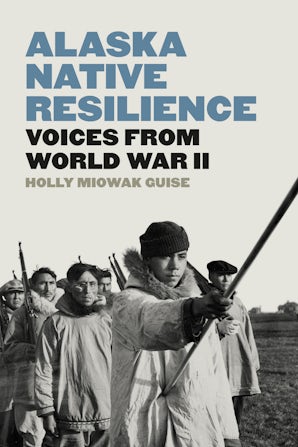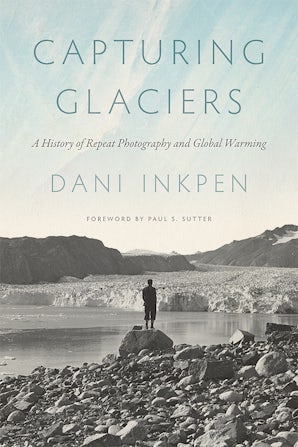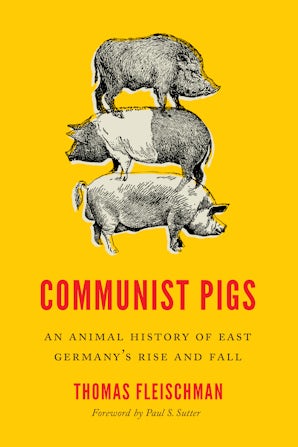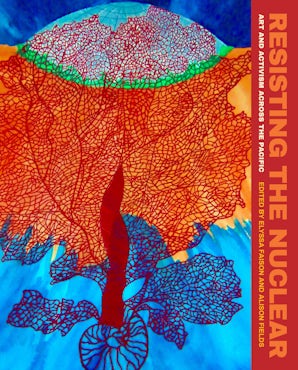"Morrissey clearly conveys the benefits that a new materialist perspective can give to his audience. Perhaps Morrissey's book will encourage further collaboration between theoretical philosophy and history. With this refreshing environment-history-philosophy hybrid approach, readers can reflect on how much autonomy human communities have had, or have not had, throughout history when actors like bison, climate, plants, and other non-human entities were in play."
-
World History Encyclopedia
"A compelling book...People of the Ecotone shines as an example of how focusing on “the place where they lived” enables new histories about Indigenous peoples before, during, and after colonial encounters. It is a must read for historians of the colonial Mississippi valley and definitely a should read for other environmental historians, early Americanists, and Indigenous studies scholars."
-
H-Environment
"Morrissey’s excellent book traces the deep history of the ecotone and asks profoundly interdisciplinary questions about the contingencies, choices, and interactions that shaped Indigenous worlds of the late seventeenth and early eighteenth centuries."
-
William and Mary Quarterly
"Morrissey reveals the intersection of ecological forces that shaped an icredible, dynamic interplay of people and tall grass prairie and forest ecosystems in the Indigenous borderlands of the Midwest. Morrissey focuses his well-crafted narrative on the ecological relationships that shaped the lives of the Illini, Miami, Meskwaki peoples."
-
Western History Association Hal K. Rothman Book Prize committee
"People of the Ecotone is a captivating analysis of the ways in which the peculiar environmental characteristics of the Illinois River Valley and the larger prairie peninsula redefined Native American societies after the fall of Cahokia…I highly recommend this book for those interested in the complexities of Midwestern colonial and Native American histories."
-
Stephen Warren, University of Iowa, Western Historical Quarterly
